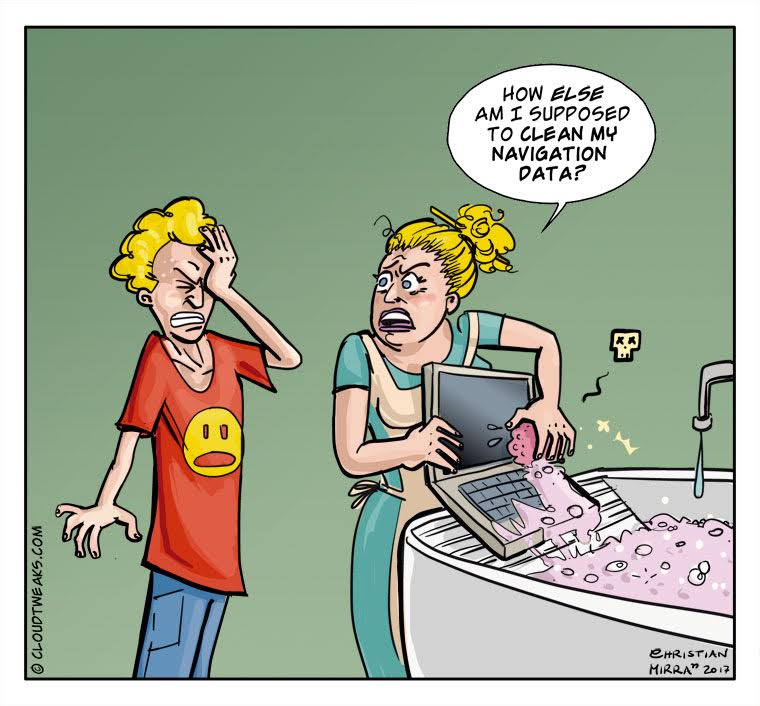The uptake of VPS hosting in the cloud within the heavily regulated healthcare industry has until recently been perceived as relatively slow. There is little doubt that this dynamic is rapidly changing as the industry embraces innovative cloud technology that is perfectly aligned to healthcare.
The healthcare cloud computing market is growing rapidly, and it is expected to grow significantly between 2017 and 2025. Some experts are predicting approximately 19.1% of growth will be observed within the sector.
The biggest driving factor of innovation is the development of medical data interoperability. Healthcare practices throughout the United States generate immense volumes of data. Add in the complexities of HIPAA and HITECH governance rulings for electronic Protected health Information (ePHI), and it is easy to see why outsourcing cloud computing is being widely adopted by the industry.
Practically limitless cloud storage solutions can ingest immeasurable amounts of data. Data is securely transferred and stored within regional, redundant and compliant disk storage facilities. Data can be imported and exported into shared database platforms to enable application services to securely share information inside and outside a secured network infrastructure.
In practical terms, this innovation allows doctors and nurses to collaborate on patient care, medical imagery can be shared between hospitals, and wearable patient devices, such as heart rate monitors, can steam real-time data directly to healthcare practitioners. Enhanced version controls of data files allow medical professionals to review the patient’s history thoroughly, comparing old and new versions for accuracy or reference.
Arguably the biggest innovation to healthcare is AI and Machine Learning (AI/ML). Cloud platforms that can process large datasets of patient information from ePHI, IoT devices or consumer health applications. The technology can help to encourage healthier patient behavior, improve early detection rates of disease and also assist with advanced diagnosis and decision making.
AI/ML allows healthcare professionals to make data-driven decisions through insights and analytics of data. It can personalize medicine, improve care and provide real-time information delivery to patients and staff.
AI/ML is already extensively used today. Healthcare practices use ML to organize all the unstructured healthcare information ingested from medical devices and IoT. One particular use case might be the classification and identification of radiology scans. ML can predict the location of the x-ray to create a complete image of the patient. This task is completed nearly instantaneously, allowing the radiographer the time to assess the patient instead of sorting through scans.

AI/ML data can be used by cloud analytics services or big data platforms to drive innovation. Healthcare providers make better decisions improving service operations and making hospitals more efficient. Analytics offers great enhancements for patient scheduling, patient background checks and managing all associated medical records.
As a result, paper records are quickly becoming redundant, instead of being replaced by an organized data model for interacting with clinical resources. Healthcare API’s can easily be anonymized or obfuscate data for compliance and research initiatives. Research programs are boosted by data interoperability as researchers can gather statistics from a wide spectrum of patients in next to no time.
Innovative cloud services technology that interacts directly with the patient has proved popular. Specialist secure video conferencing software is available for doctors to interact directly with patients. Ensuring cost-effective front line services are available for low priority cases. This, in turn, ensures doctors are available for the higher priority cases, improves efficiency, and reduces costs.
Cloud technology provides 24/7 connected care whilst ensuring stringent privacy and security controls are maintained. Healthcare organizations already in the cloud essentially consume HIPAA security-as-a-service. This approach dramatically reduces the risk of a data breach and ensures that cloud services are HIPAA compliant to the physical, administrative and technical requirements of the legislation.
The elasticity of the cloud provides scalable services on demand. Usage scales up and down as needed. Although healthcare services are continuously busy, additional resources can be provided during the peak flu or winter seasons.
Elasticity also provides an ideal environment for conducting trials, pilots, and proof of concept initiatives. Sandbox environments can be provided from live data sets for medical professionals, with protected data that can be replicated or destroyed as needed.
Cloud technology empowers healthcare providers to streamline and improve supply chain objectives. Supplies can be digitally shared between group hospitals, ensuring nothing is over-ordered, or out-of-stock. Medicines and healthcare products are automatically ordered on-demand to minimize an excess of inventory.
We have just scratched the surface of what innovations cloud technology can bring to the healthcare industry. The future is very bright, and we believe that data science and innovation of how data is manipulated will drive the industry forward, ultimately providing better healthcare and reducing costs.
By Marty Puranik





